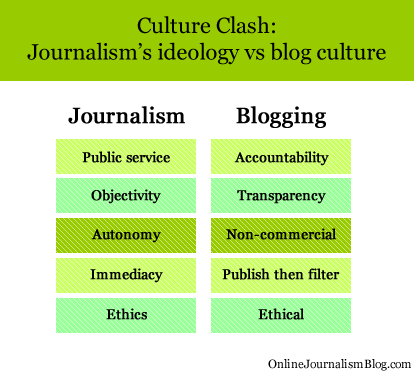David Higgerson writes about some depressing recent developments – and equally depressing wider trends – around the lack of transparency in public office and public spending. It’s worth reading:
“The reason this is so important now is because we are on the cusp of another wave of political restructuring. Devolution is on its way to Greater Manchester, and to other major city regions too. Whether you believe this is a good thing or not, there is hopefully no denying that with such major power moves there has to also be a cast-iron guarantee that those making decisions will be accountable.”
And here’s the background:
- The police and crime commissioner in Humberside who “chose to threaten the Official Secrets Act” rather than answer a question about the number of officers on duty
- “Birmingham Mail reports that investigations editor Jeanette Oldham has been banned from asking questions of the Office of the Police and Crime Commissioner in Birmingham, and must now submit all her questions via the Freedom of Information Act.”
- “The principle of debating decisions in public [died after The Local Government Act in 2000] and local government is the worse for it.”
- “No provision was built into [foundation hospital] legislation that enforced these hospital trusts to meet in public, until the media kicked off.”
- “So too academy schools found themselves free from local authority control – supposedly it makes for better education – but also exempt from the Freedom of Information Act, and hidden away from much of the scrutiny which schools under local authority control could expect.”

 Last year I was commissioned to write a report on ‘Social Media and News’ for the Open Society Media Program, as part of the
Last year I was commissioned to write a report on ‘Social Media and News’ for the Open Society Media Program, as part of the 